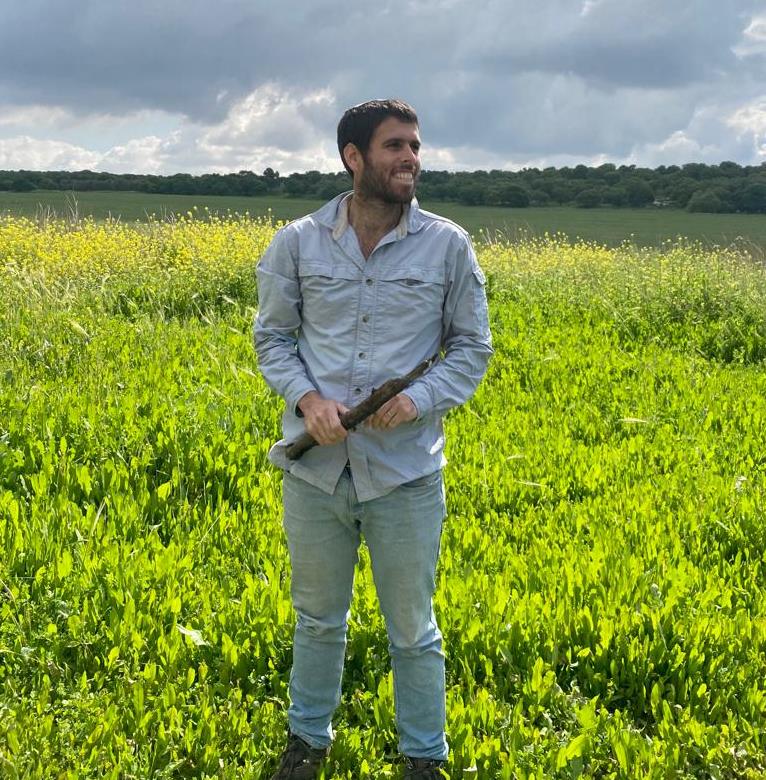What is the main focus of your postdoc work?
My postdoc is held at UC Davis, in Professor Steve Knapp’s lab. Professor Knapp’s lab deals with Strawberry genetics and leads the UC Strawberry breeding program. My work focuses on understanding the genetic nature of stolon (runners) production in strawberries. Asexual reproduction, with the use of runners is highly beneficial for nurseries to produce clones in a cheaper and faster way compared to dividing the crowns and micropropagation. Yet it’s a costly practice, growers spend approximately $ 5,000 per acre to trim runners in order to enhance their fruit production. Developing cultivars that have reduced runnering in the field while producing optimal runners in nurseries, are ideal for both growers and nurseries. In the current stage of research, I aim to detect the loci that regulates runnering in the cultivated Strawberries and to estimate the effects of discovered loci in Marker-assisted breeding and genomic selection applications.
What got you interested in plant breeding and genetics?
My initial introduction to plant breeding occurred in Prof. Dani Zamir’s laboratory, at the Hebrew University. There I understood the breeder’s pivotal role in improving food production, ensuring sustainability, and meeting global food demand. The seemingly straightforward process of crossing two plant individuals and selecting the best offspring is deceptively intricate, and demands significant time, labor, and financial resources. Successful breeding necessitates a deep connection to the field, intimate knowledge of your crop physiology, agricultural management, botany, and a keen understanding of its genetics. Furthermore, I believe that familiarity with molecular biology and advanced genomic methods is indispensable for highly efficient breeding and effective genetic research.
What are your plans once you complete your postdoctoral work?
I plan to return to Israel and integrate as a researcher at one of the universities or research institutes. To lead advanced breeding programs and genetic research, but most importantly, to generate agricultural products in the form of new and improved varieties.
What tip would you give someone just beginning a career in agricultural research?
Work hard, but before that, don’t forget to think first.

